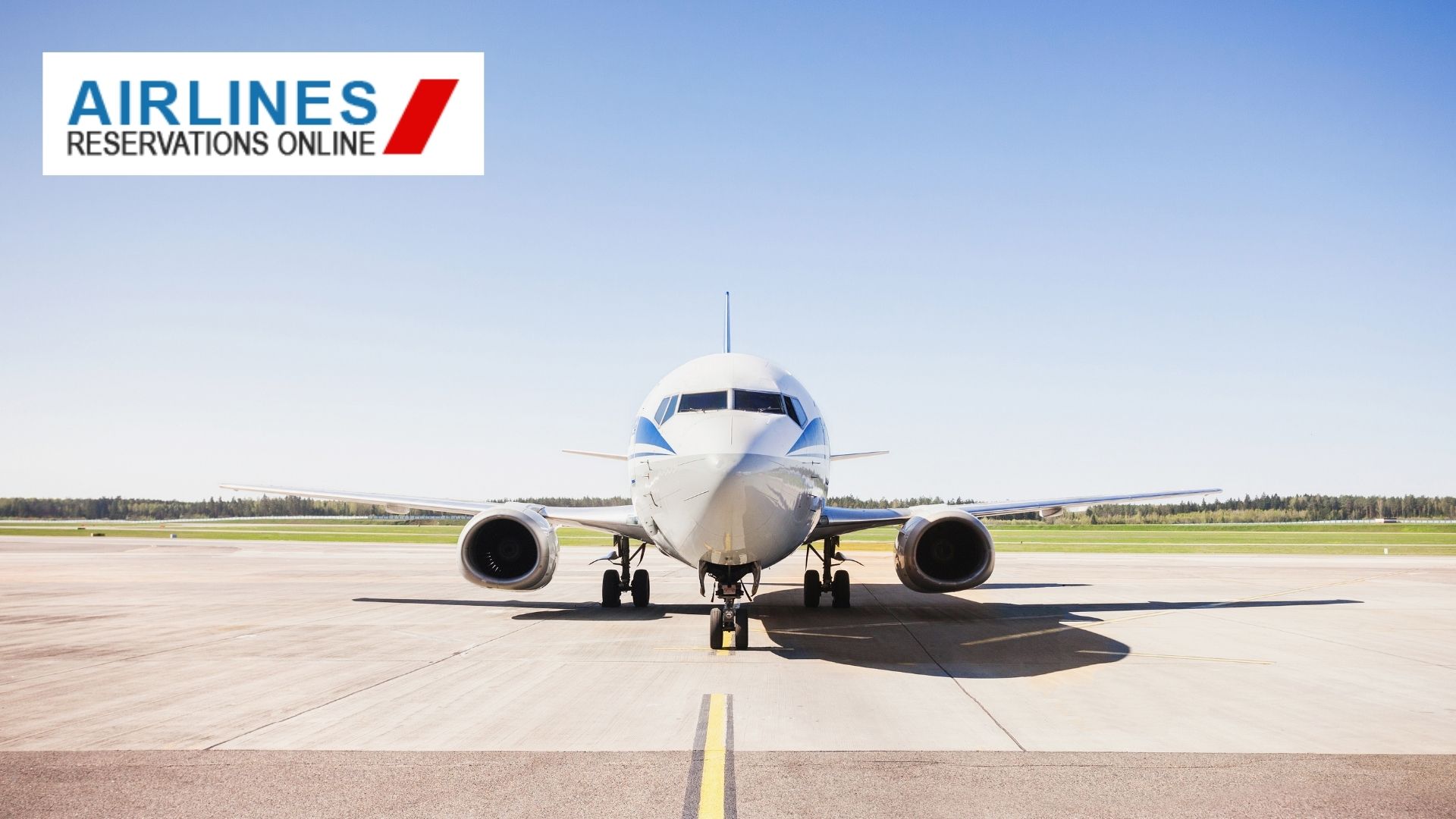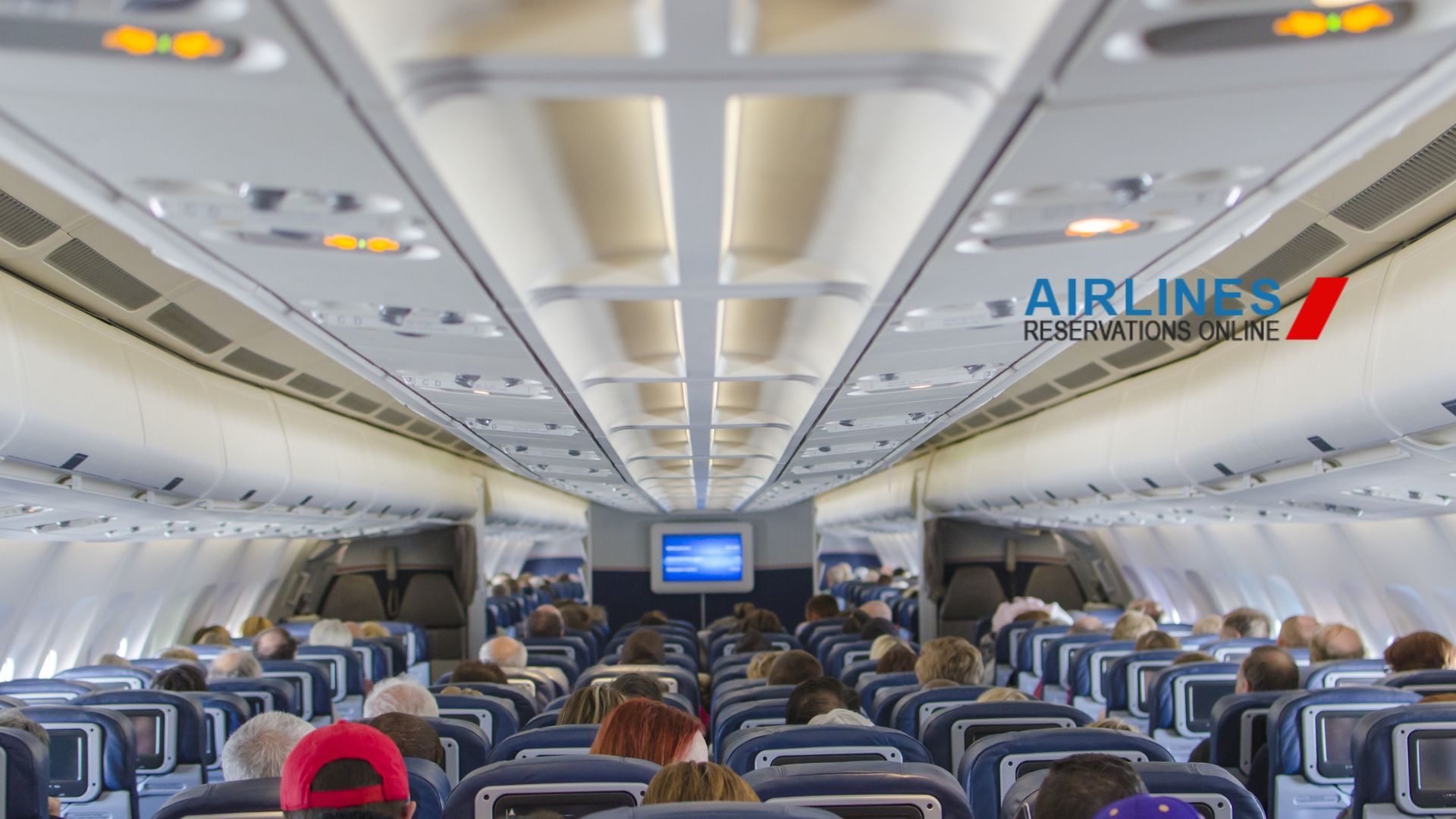Flight Booking Myths Busted: What Actually Works in 2025
Booking flights has always come with a mix of excitement and anxiety. In 2025, with evolving airline pricing algorithms, dynamic travel demand, and smarter travel tools, it’s time to leave behind outdated beliefs. This article dives deep into the most common myths about flight booking and provides factual insights that actually work today.
Myth 1: “Flights are Cheapest on Tuesdays”
Busted: This long-believed myth no longer holds true. Airline pricing is dynamic and depends on many variables—demand, season, route, and even competitor pricing. While it may have been partially true in the past, in 2025, airlines adjust prices daily and sometimes hourly.
What Works:
- Use fare prediction tools like Google Flights or Hopper.
- Set up price alerts and monitor fare trends over several days.
Myth 2: “Last-Minute Flights Are Always Cheaper”
Busted: Waiting until the last minute usually results in higher prices, especially for popular routes. While there are rare deals, airlines often capitalize on urgent travelers by increasing prices close to the departure date.
What Works:
- Book domestic flights 3-6 weeks in advance.
- Book international flights 2-3 months ahead.
- Use flexible date calendars to find the lowest fares.
Myth 3: “Use Incognito Mode for Cheaper Fares”
Busted: Many believe that airlines and booking sites track your activity via cookies and increase prices if you revisit a flight search. In reality, most fare increases are due to demand or inventory changes—not your browser history.
What Works:
- Use flight comparison sites like Skyscanner, Kayak, and Google Flights.
- Compare prices across devices and platforms if needed.
Myth 4: “Direct Bookings Always Give the Best Price”
Busted: Booking directly through airlines can offer benefits like easier changes or refunds, but not always the lowest price.
What Works:
- Compare both airline websites and third-party OTAs (Online Travel Agencies).
- Look for exclusive promo codes or cashback deals available on OTAs.
Myth 5: “Round Trip Tickets Are Always Cheaper”
Busted: While round trip tickets can be cost-effective, sometimes booking two one-way tickets (even with different airlines) can be cheaper.
What Works:
- Use the multi-city or open-jaw features of booking tools.
- Mix and match airlines and airports to find better deals.
Myth 6: “Low-Cost Carriers Are Always the Cheapest”
Busted: Budget airlines might offer lower base fares, but they often charge extra for baggage, seat selection, meals, and more.
What Works:
- Calculate the total cost including all add-ons.
- Compare with full-service carriers for similar timings.
Myth 7: “Frequent Flyer Programs Are Only for Business Travelers”
Busted: Even occasional travelers can benefit from loyalty programs. Points can be earned via flights, credit cards, or shopping portals.
What Works:
- Sign up for frequent flyer programs and credit cards with travel rewards.
- Pool points from airline alliances like Star Alliance, OneWorld, and SkyTeam.
Myth 8: “More Layovers Mean Cheaper Flights”
Busted: Not always. While layovers may reduce costs in some cases, they also increase travel time, risk of missed connections, and added stress.
What Works:
- Balance price savings with convenience.
- Consider long layovers only if savings are significant or the stopover city is of interest.
Myth 9: “Travel Agents Are Obsolete”
Busted: In the era of online booking, travel agents still offer value, especially for complex itineraries, group travel, or destinations with visa challenges.
What Works:
- Use agents for multi-leg trips or when special assistance is needed.
- Compare their packages with DIY options online.
Myth 10: “The Earlier You Book, The Better”
Busted: Booking too early can sometimes be as costly as booking too late. Airlines typically open bookings 11 months in advance, but prices fluctuate within that range.
What Works:
- Book during the “Goldilocks” period: not too early, not too late.
- Track trends using tools like Hopper to find the right window.
Tools That Work in 2025
1. Google Flights
- Flexible date and destination search
- Real-time price tracking and alerts
- Predictive trends and historical fare data
2. Hopper
- Predicts fare increases and best times to book
- Sends alerts when fares are expected to drop
3. Skyscanner
- Great for searching across budget and full-service airlines
- Can display the cheapest month to fly
4. Kiwi.com
- Allows mixing airlines for custom itineraries
- Provides automatic rebooking guarantees for missed connections
5. Aviasales, Momondo, and Kayak
- Show inclusive price comparisons
- Helpful for non-US/Europe routes
Bonus Hacks for Smarter Booking in 2025
- Book mid-week for better fares, especially Wednesday and Thursday.
- Avoid peak travel days like weekends and holidays.
- Use travel rewards credit cards for points and travel insurance.
- Book in local currency when flying internationally—it may be cheaper.
- Opt-in for airline newsletters to get access to flash sales.
Conclusion
In the digital age of air travel, relying on myths can cost you more money and add unnecessary stress. The key to getting the best flight deals in 2025 lies in using the right tools, staying informed, and being flexible. Stop falling for outdated booking myths and start leveraging real strategies to travel smarter, save more, and enjoy the journey.



